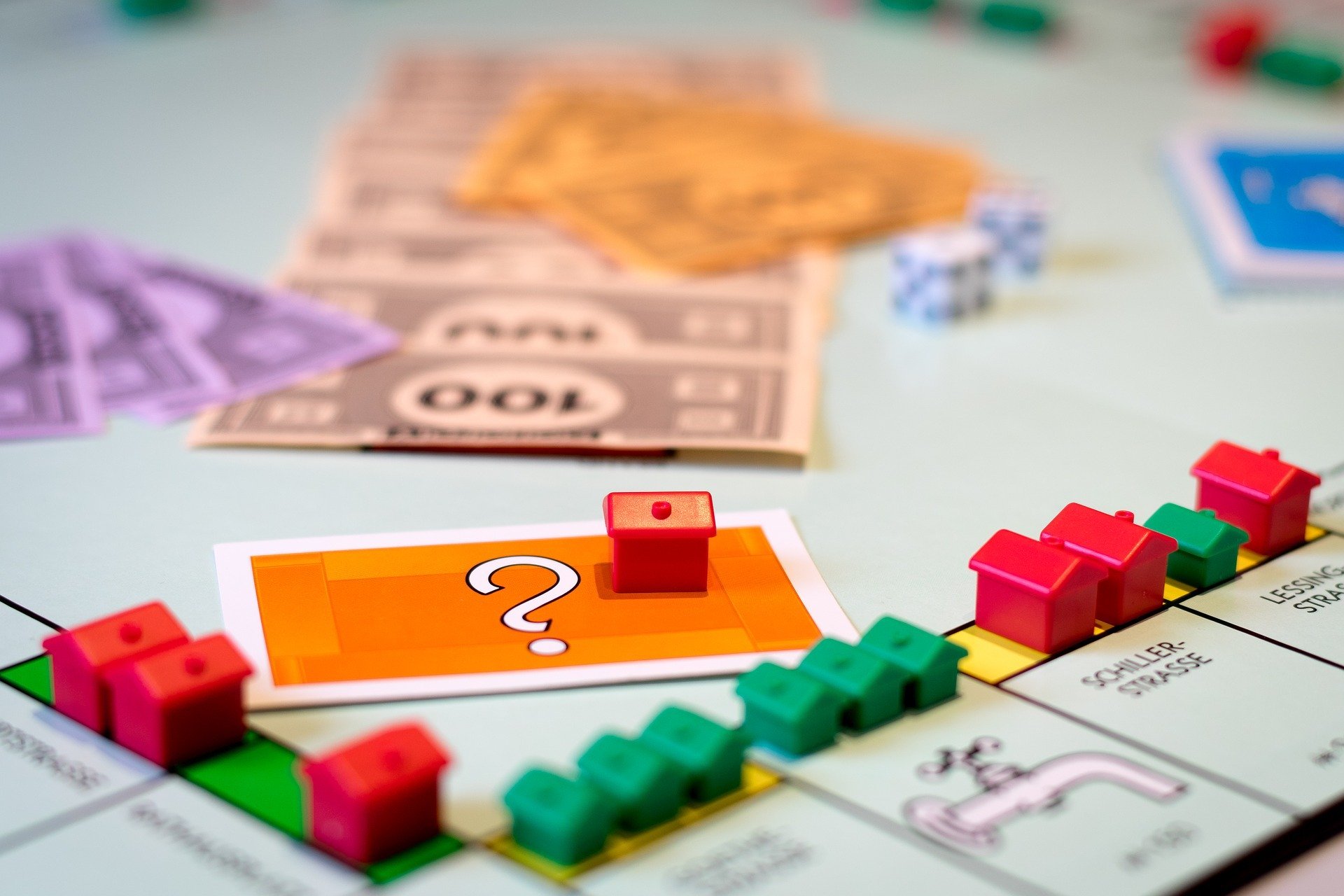Here’s the deal. When you buy a property, you’re allowed to pay whatever amount you want. There are no limits. BUT when you are getting a loan, there are limits to what a bank will lend you. And these limits are based on the maximum amount a bank believes a property is worth.
So what is an appraisal? An appraisal is simply a professional estimate of property value that lenders need before giving you a penny.
The following example will walk you through the appraisal process.
Meet John.
John is in the market to buy a home. He contacts a local bank and gets ‘pre approved’ for a maximum loan amount of $325,000. John’s lender is giving him pretty good ‘terms’ too. He only has to put down 3% and the bank will give him the remaining 97% to purchase.
At this point, John has been searching for the perfect home. He finally finds one for sale at $300,000. He loves the home and decides to make an offer for $325,000. The seller accepts his offer and he’s officially ‘under contract’.
What happens next? Well John’s bank will now require an appraisal to be done before giving him the 97% to purchase.
The ‘appraiser’ goes out to the property, does a basic inspection, analyzes recent property sales nearby of comparable homes, and then comes up with an estimate of value.
If the estimated value comes back at the purchase price of $325,000, that’s great news for John. The contract will proceed and nothing else will need to be done. But in this case, the value came back at $300,000 and now has a problem. There is a $25,000 gap between what John agreed to purchase the property at and what the bank will provide financing for.
If you recall from earlier, John is getting 97% of his loan financed. But that 97% of financing is based on the homes appraised value, not the agreed upon purchase price. The bank thinks the home is worth $300,000, therefore they’ll give him 97% of $300,000.
The problem for John is the fact that he agreed to purchase the home for $325,000. So what does this mean for him?
Well it means a few things:
- The bank is only giving him 97% of $300,000 – which equates to $291,000
- $291,000 is 89.5% of $325,000
- If John wants to still buy the house at $325,000 he will now have to put down 11.5% as opposed to 3%
- John has the option to negotiate a new purchase price with the seller & if they don’t agree he can cancel the contract
Because John is borrowing money from a bank to purchase a property, he’s not allowed to overpay. John was able to negotiate with the sellers. They agreed to sell him the property at the appraised value of $300,000 and he got bought his dream home.
Takeaway number 1 is that the ‘appraised value’ of $300,000 mattered more than the agreed upon purchase price of $325,000. And takeaway number 2 is that a good agent will never let you overpay for a home. And neither will a bank.

